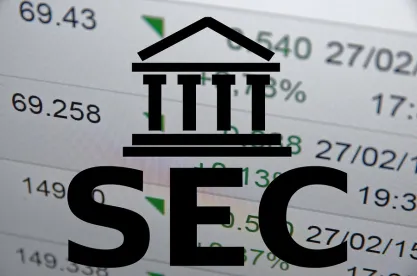On November 30, 2017, the SEC Office of the Whistleblower issued a bounty award of more than $16 million to two tipsters; each received an award of more than $8 million. The SEC denied awards to five other claimants.
The first whistleblower provided original information, including the identity of relevant documents and witnesses, which became the foundation for the SEC’s investigation and subsequent action against the company. The second whistleblower provided the SEC with original information and submissions that enabled the SEC to “more fully and quickly understand the [Company’s] misconduct and to assess the legal consequences.” Order at 5.
The SEC denied awards to two claimants who were purported experts retained by the second whistleblower in furtherance of their whistleblowing activities. Although the second tipster consented to the experts becoming whistleblowers in their own right, the SEC determined that the experts were not an “original source” under Rule 21F-4(b)(5). The SEC concluded that “where an expert is retained by a whistleblower to provide information and analysis to the Commission on the whistleblower’s behalf, the retained expert should be deemed to have forfeited and waived any subsequent claim to being the original source of that information if such information was previously provided to the Commission by or on behalf of the whistleblower who retained the expert.” Order at 12. A contrary finding, the SEC reasoned, would create an incentive for experts to abdicate their contractual obligations with whistleblowers and pursue their own claims. Id.
In its release, the SEC noted that this award pushed the amount of financial remedies ordered against wrongdoers past $1 billion. The SEC has now awarded more than $175 million to 49 whistleblowers since it issued its first award in 2012.




 />i
/>i

